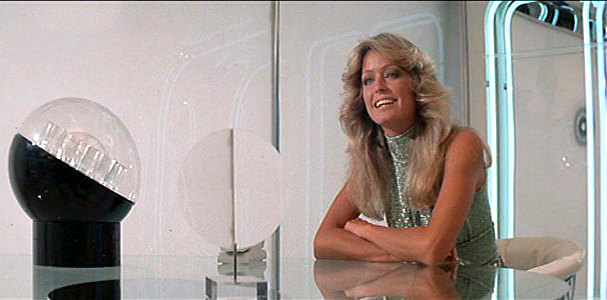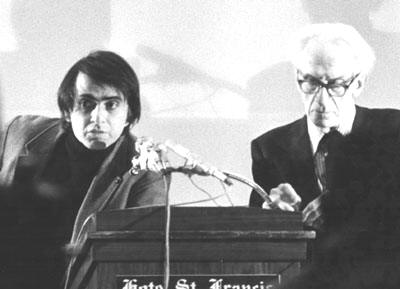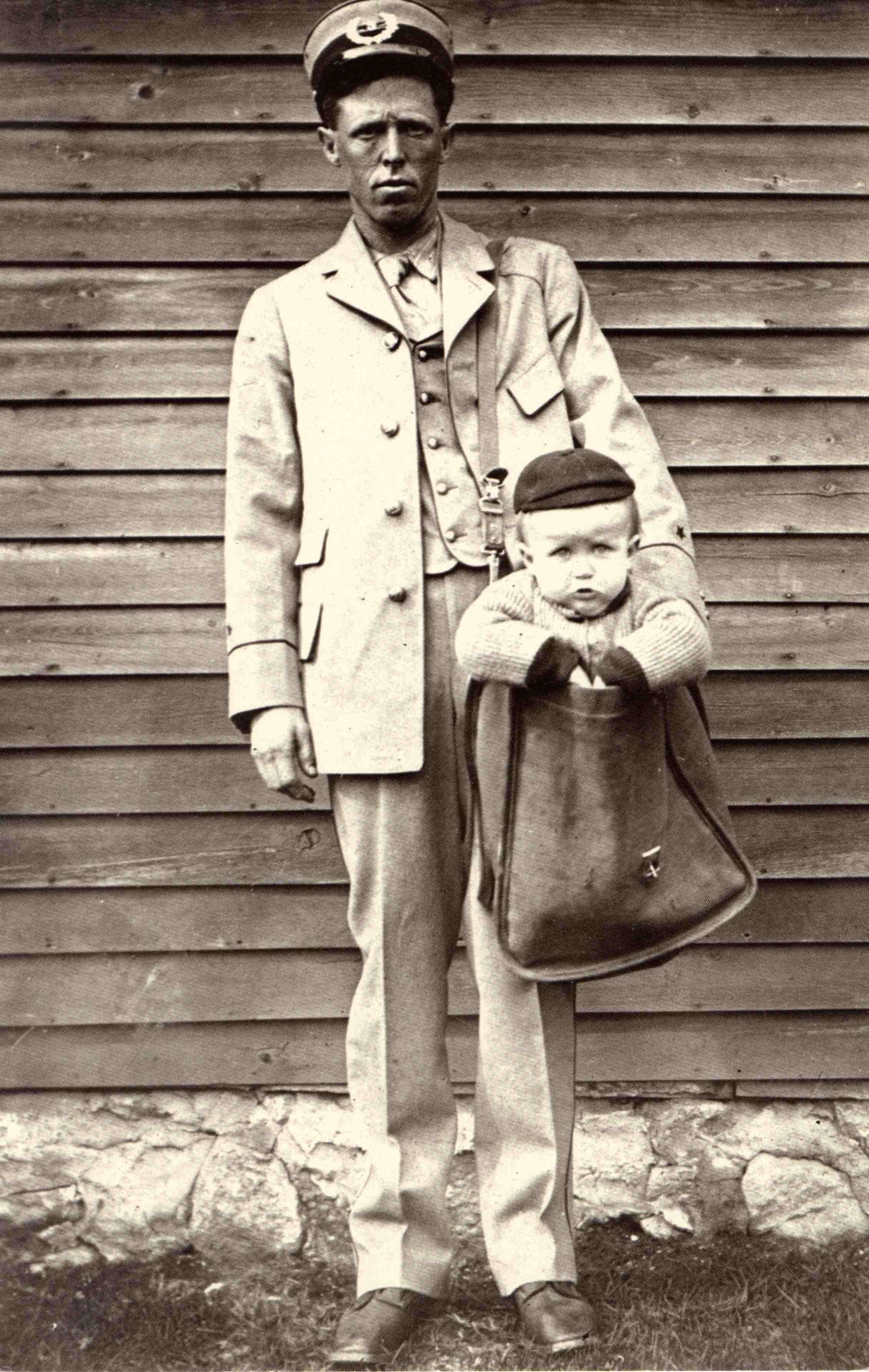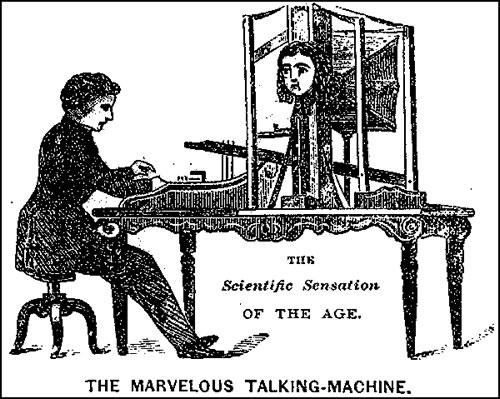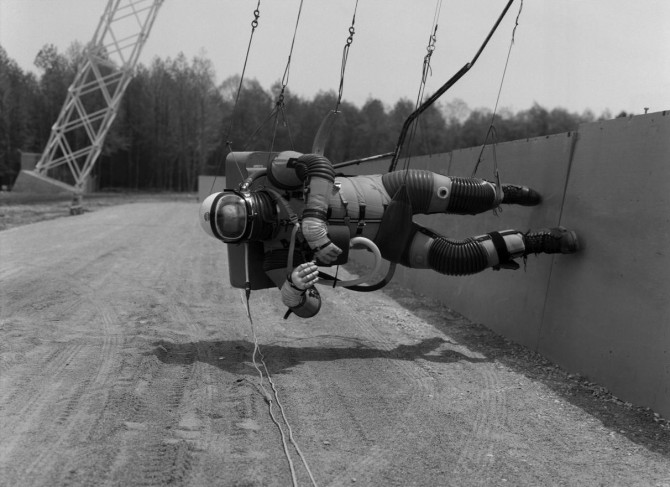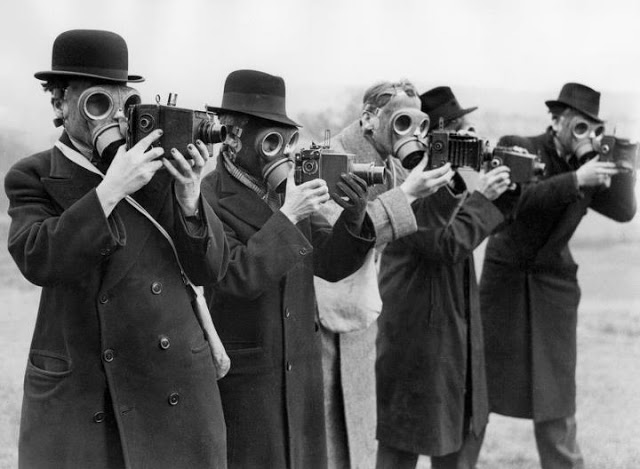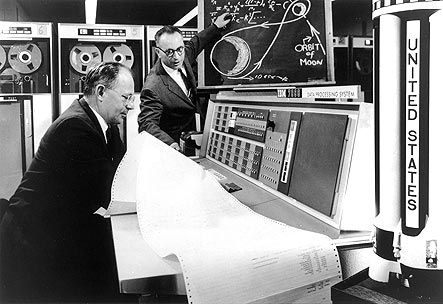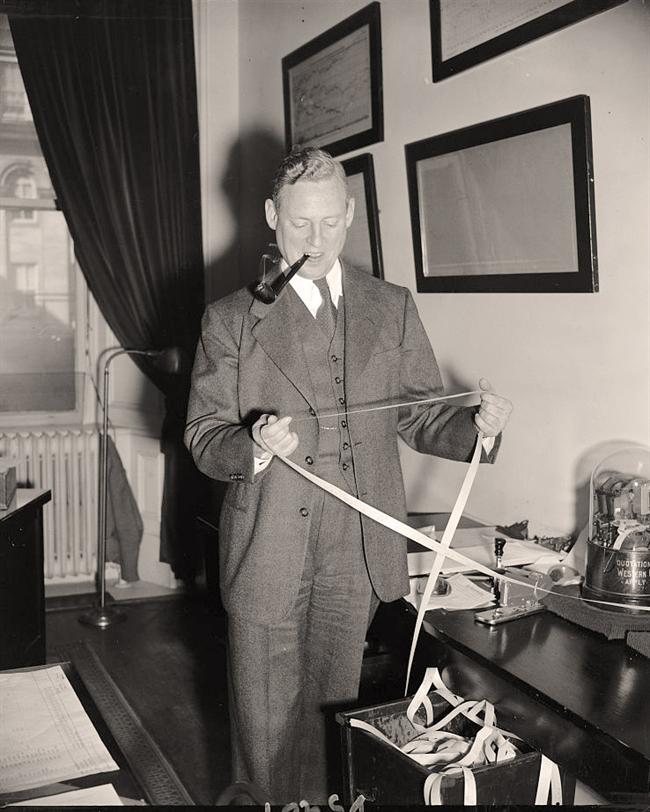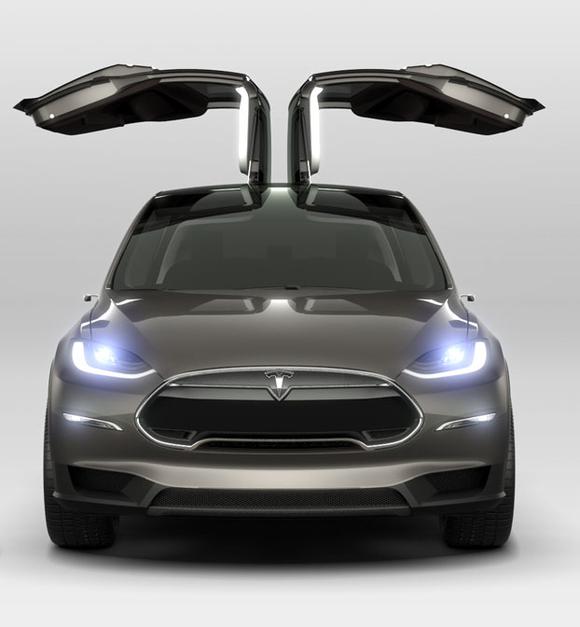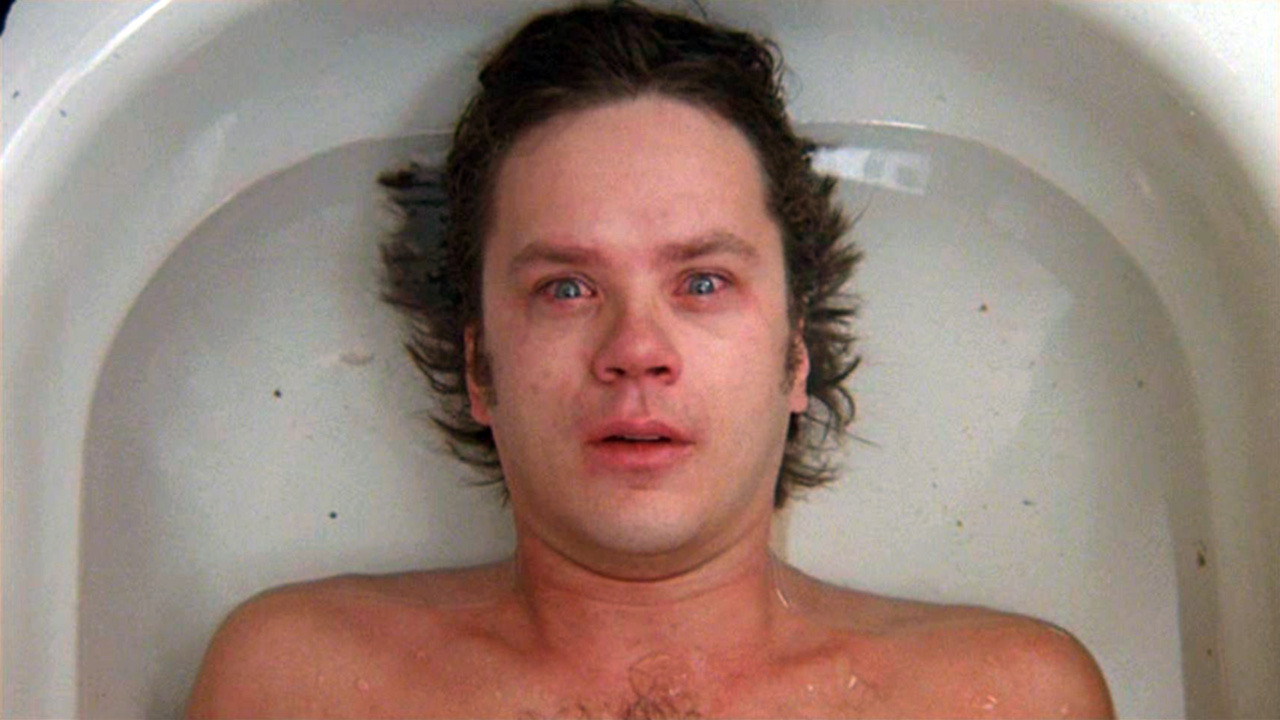When we’re truly wired, when the Internet of Things is the thing, when the revolution is not televised but quantified, and it’s all seamless so seamless, will we even know to smile? From a Foreign Affairs piece by Neil Gershenfeld and JP Vasseur:
The Internet of Things is not just science fiction; it has already arrived. Some of the things currently networked together send data over the public Internet, and some communicate over secure private networks, but all share common protocols that allow them to interoperate to help solve profound problems.
Take energy inefficiency. Buildings account for three-quarters of all electricity use in the United States, and of that, about one-third is wasted. Lights stay on when there is natural light available, and air is cooled even when the weather outside is more comfortable or a room is unoccupied. Sometimes fans move air in the wrong direction or heating and cooling systems are operated simultaneously. This enormous amount of waste persists because the behavior of thermostats and light bulbs are set when buildings are constructed; the wiring is fixed and the controllers are inaccessible. Only when the infrastructure itself becomes intelligent, with networked sensors and actuators, can the efficiency of a building be improved over the course of its lifetime.
Health care is another area of huge promise. The mismanagement of medication, for example, costs the health-care system billions of dollars per year. Shelves and pill bottles connected to the Internet can alert a forgetful patient when to take a pill, a pharmacist to make a refill, and a doctor when a dose is missed. Floors can call for help if a senior citizen has fallen, helping the elderly live independently. Wearable sensors could monitor one’s activity throughout the day and serve as personal coaches, improving health and saving costs.
Countless futuristic “smart houses” have yet to generate much interest in living in them. But the Internet of Things succeeds to the extent that it is invisible. A refrigerator could communicate with a grocery store to reorder food, with a bathroom scale to monitor a diet, with a power utility to lower electricity consumption during peak demand, and with its manufacturer when maintenance is needed. Switches and lights in a house could adapt to how spaces are used and to the time of day. Thermostats with access to calendars, beds, and cars could plan heating and cooling based on the location of the house’s occupants. Utilities today provide power and plumbing; these new services would provide safety, comfort, and convenience.
In cities, the Internet of Things will collect a wealth of new data. Understanding the flow of vehicles, utilities, and people is essential to maximizing the productivity of each, but traditionally, this has been measured poorly, if at all. If every street lamp, fire hydrant, bus, and crosswalk were connected to the Internet, then a city could generate real-time readouts of what’s working and what’s not. Rather than keeping this information internally, city hall could share open-source data sets with developers, as some cities are already doing.•

